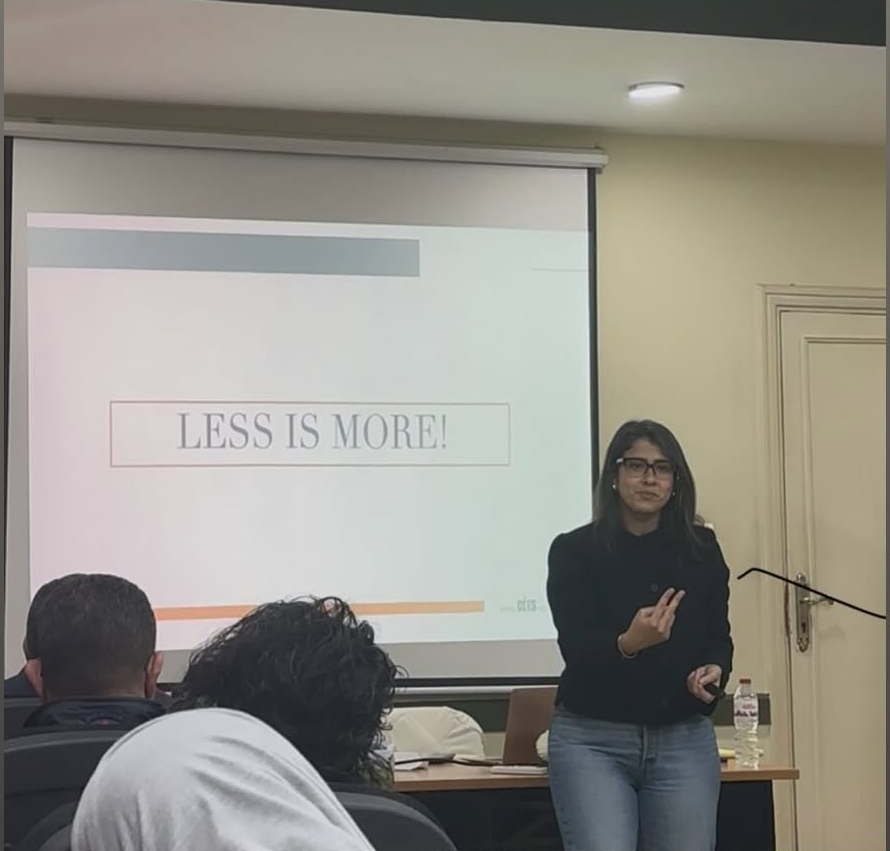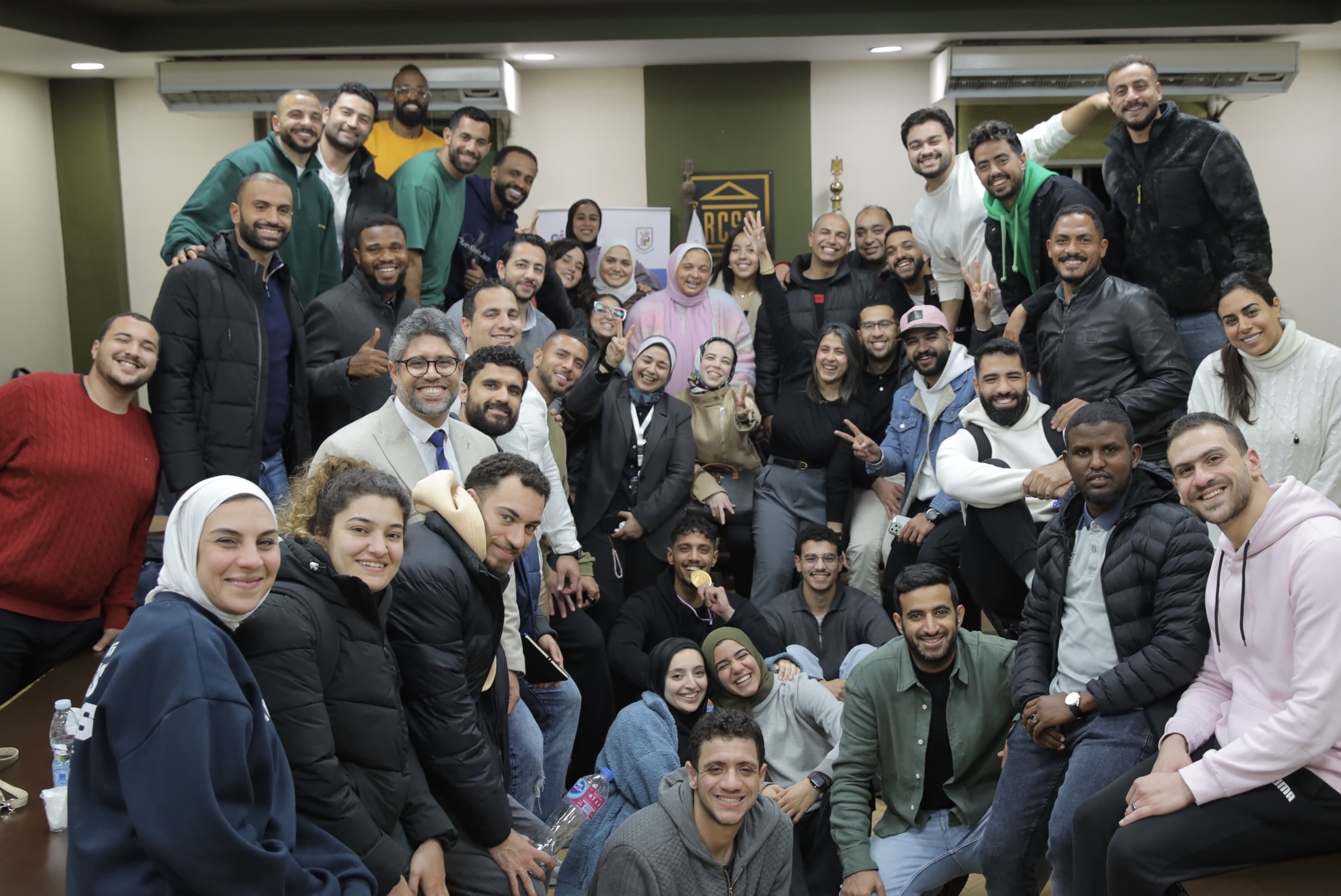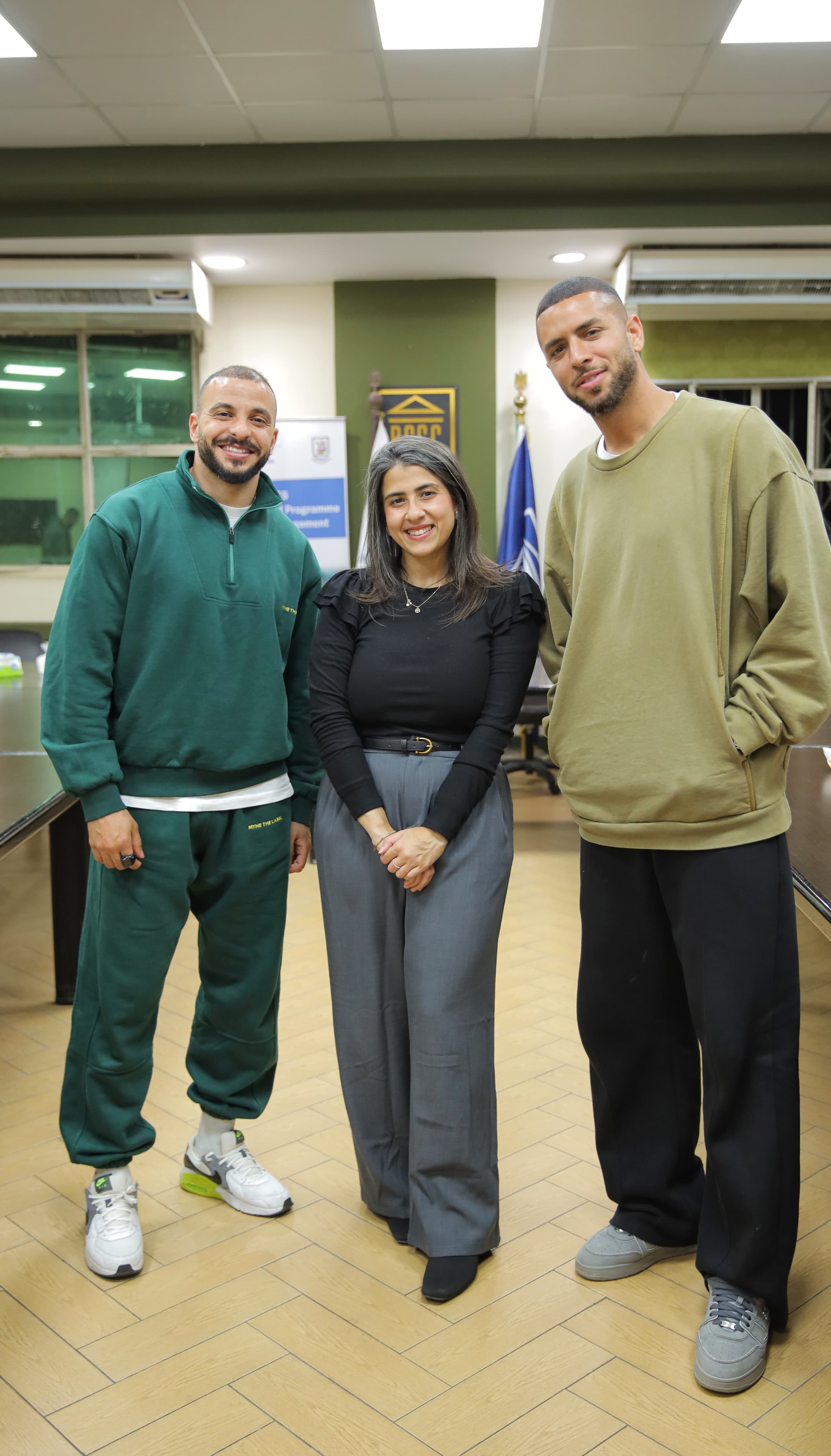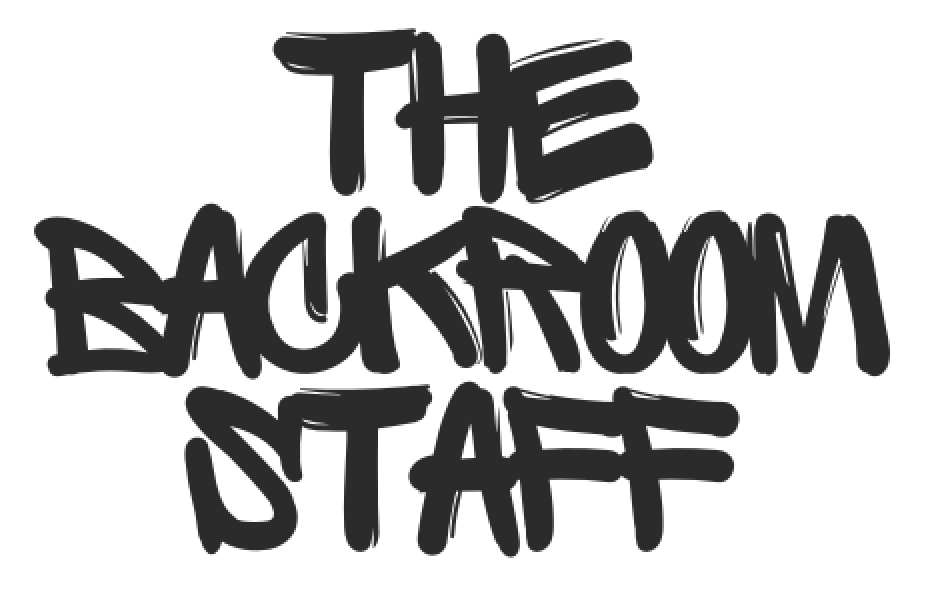The last few years have seen Saudi Arabian football make headlines like never before. From the sensational upset of Argentina in the 2022 World Cup to massive investments that have attracted global superstars like Cristiano Ronaldo and Neymar, and the right to host the world’s premier sporting event - the 2034 World Cup - Saudi Arabia is reshaping the game.
To achieve their ambitious goals, the Saudi Arabia FA is doing things differently. One innovative move is the establishment of the Saudi Arabia Football Federation Institute of Research (SAFFIR), a cutting-edge research group researching dozens of topics including media, power and development.
Dr. Jailan El-Bous, an expert in sports media, leads the Sports Communication module for the FIFA/CIES Executive Programme in Sports Management. With experience managing media for major clubs like Zamalek and Sevilla, she joined SAFFIR last year to expand her research on how athletes leverage their image.
In this interview, we explore her unique journey and insights into a career at the crossroads of academia, media, and national sports development. Enjoy!
The interview has been condensed and lightly edited for grammar and clarity.

[ Background ]
I’m from Egypt and I’ve been a die hard fan of Zamalek, one of the top Egyptian clubs, since I was a kid. My whole family are Zamalek fans!
In university, I studied media management and right after I finished my bachelor’s degree at the Arab Academy for Science & Technology, I became a teaching assistant - I’ve been teaching for almost 10 years now. I also started a master’s degree - and everyone says when it comes to research, you need to choose something you really love, so you won’t get bored!
Well, with my background in media and football being what I love most, I had to link both together - so I focused on digital media. I studied social media content and its effect on Egyptian football fans’ loyalty, looking at how social media content can turn a passive fan into a die hard football fan. When I started (2017), online content was completely different to what’s happening now and the awareness was not like now. In 2018, I went to a conference at the University of Cambridge and someone stopped me during my presentation and asked the difference between traditional media and new media - that doesn’t happen anymore.
[ FIFA Sport Management Executive Diploma ]
I wanted to grow more in my study of sports alongside the master’s and found a FIFA/CIES Executive Diploma in international sport management at Cairo University. My team even won the best project on a national level.
Then a year later, they asked me to teach the sport communication module! I was already teaching but teaching something you really love - like sports - is something I’m always passionate about. I just taught my 5th Class with them and each year the passion and the energy I have increases even more. I’m always thinking, ‘how can I transfer these ideas to my students?’
I also started working with clubs, managing their social media. I’m the commercial director for Minnows Sports, a sports marketing agency in Egypt. From January 2024 until August, I managed digital media for Zamalek - my favorite club. We also used to do the Arabic account for Sevilla FC and ZED FC (One of the strongest clubs with youth development in Egypt and their first team qualified for the Egyptian Premier League in 2023-2024 season) . This was a really cool experience and helped actually blend the academic side with the practical, and apply the concepts ‘on the ground’ with players at big clubs.
I was at the African Super Cup in Riyadh in September and the (media) team was short, so I came to help. I was at the ground and took the video of the goal Zamalek scored to take it to penalties. In that moment, I forgot I was actually working and started shouting and celebrating! It’s fun to do what you love, and being at the ground is the best of both worlds.

[ Who are the students in the FIFA/CIES course you’re teaching? ]
This year's class is actually one of the biggest - the English class is about 50 and the whole diploma is 130. A lot of people in the class are working in operations, some are commentators, engineers, volunteers, people working at FIFA - everything from fresh grads to people who want to do a career shift - I even have 3 footballers. Two are still playing (Amro Tarek & Kareem Tarek) they play at Tala'ea El Gaish Club, which is very interesting - they finish training and come directly to class - they’re even top of my class! I think it’s very rare in the Arab world to find someone who’s an active footballer who actually cares about education, so I love their commitment.
The CIES provides a curriculum, but I always add more. I have to! Media is always changing, there’s always something new happening. For instance, today (Feb 23) is an official holiday in Saudi Arabia - Foundation Day and Cristiano Ronaldo posted something about Saudi Arabia’s culture and heritage. The power of storytelling is increasing. So, I need to give them practical and on ground valuable insights.
I actually wrote a book chapter with Professor Simon Chadwick about the ‘Disneyfication’ of documentaries where we looked at Wrexham as a case study in the book called 'The Future of Sports - Diversify or Die'. You always have to add new things.
"Media is always changing, there’s always something new happening ... The power of storytelling is increasing"

[ Saudi Arabian Football Federation Institute of Research ]
Professor Pierre Lanfranchi used to be the scientific coordinator for the FIFA/CIES Diploma. When he became the director of the research center at the Saudi Football Federation, he called me and told me he wanted me to be the first one to join. I was almost finished with my PhD at the time and they were offering a postdoctoral fellowship.
The Institute of Research is looking at ways to develop the football industry, not only in Saudi Arabia but worldwide. Of course, especially since Saudi Arabia is the host of the World Cup in 2034, we need to see what areas can be developed or improved. We are looking at everything, including branding, soft power, sport communication and women’s development in football.
Our research team has different backgrounds - I did my PhD in sports communication and digital media. One of my colleagues, Kyra, is German and works on women’s development. There’s Brian, from Korea, working on soft power. And Nouf, from Saudi, works on sports and women’s development. It’s an interesting team and we’re all working on different areas.
Currently, I’m working with Kyra on a comparative study looking at the self-presentation of Egyptian and Saudi female athletes. This is related to my PhD research where I investigated how athletes, mainly Egyptian and Arab, can utilize their visual image on Instagram to position themselves differently.
I think in Egypt and in the Arab world, we sometimes forget how important social media and your image is as an athlete. Even after you retire, it’s important. Look at Cristiano Ronaldo, his image is carefully put together - and we know he’s not in Saudi Arabia only for playing football. Moreover, I think the gender difference in how athletes present themselves is very prominent, especially because of the culture and religion. I had an interview with an athlete, she told me she never posts about her husband or takes care to make all her photos from certain angles because she will be bullied online! We don’t want to just point out problems but create strategies and practical steps to follow.
Oh, and currently, I’m running the LinkedIn channel for SAFFIR as well with the great help of SAFFIR and I need to give credit to Frédéric Nkeuna who’s always helping with SAFFIR’s appearance on LinkedIn with his vast experience.
"I think the gender difference in how athletes present themselves is very prominent, especially because of the culture and religion"
[ How are the topics for your research ‘chosen’ at SAFFIR? Do you come up with your own or are they assigned in some way? ]
Usually, it's related to your PhD and your research areas of interest and we need to link it to the Saudi Arabian market but there are few constraints. We always discuss it with the head of studies, Dr. Amer Al Ajami and the director beforehand but Professor Pierre is great and always supports us as long as it will bring real value.
The ‘outcome’ is usually in the form of academic papers in journals, or a chapter in a book or something like that. Additionally, I’m giving talks at various conferences about our research and our papers. So, it’s academic of course but people are actually using this. I know people working in agencies for example, that are very interested in our research and are trying to implement our strategies in their work.
[ Does your position exist at other FAs? Are more countries trying to set up research groups like this? ]
It's completely new. It's very hard to find a federation or football association doing this. This is probably the first of its kind in the Middle East. A lot of people are asking us what we’re doing! It’s been a wonderful experience.
[ Saudi Arabia has obviously invested a lot of money in football recently, how is this rise viewed in Egypt or around the Arab world? ]
It depends, sometimes outside Saudi Arabia, also in Western countries and especially when it comes to the World Cup, they see it in a bit of a negative way. That it’s just sports washing or it’s just about the money.
But if you come to Saudi and walk around or attend matches, you’ll see football is in the culture. Especially in Egypt and Saudi Arabia, football is very important. And you can feel it changing in a good way. People want to engage more with sports - and by the way, not just with football. I attended the women’s tennis championship here in September and it was crazy how full the courts were. Maybe some of the people don’t know the rules but they’re eager! People have a feeling that they are part of something big.
We are being introduced to places and sports we didn’t know about. Even in women’s football, the Saudi FA is putting a lot of support behind them. In my lecture last week back in Egypt, we heard that Omar Marmoush scored 3 goals and the whole class stopped! Everyone opened their phones, watching the goals, we were all screaming, it was emotional. The same thing is happening here with Cristiano - everyone loves him and that he’s here.
"But if you come to Saudi and walk around or attend matches, you’ll see football is in the culture ... People have a feeling that they are part of something big"
[ With Minnow Sports you worked with clubs like Zamalek SC, ZED FC and Sevilla, why do big clubs use agencies or 3rd parties to run their media? (vs. building this in-house) ]
First of all, building this in-house is very costly and it’s difficult to get qualified people. In the UK, many clubs have their own media house or in-house team, but they still outsource for different markets. All the Egyptian ‘local’ accounts of Man City or Liverpool are all managed by Egyptians here for example.
Ultimately, you want people from that place, people who are familiar with the culture. It doesn’t make sense to bring someone to manage the Arabic account if they’re not Arab - how will they know the trends, the culture, etc?
Basically, agencies are much cheaper and less headache because someone else is handling everything. The club can give a strategy or a direction they want to follow and then can pass it on to someone who knows better about that market.
What can also happen - and happened with our work with Zamalek - is agencies can help clubs set up their own in-house teams. For example, we started recommending people, we supervised the new team and eventually, they took over completely. When you have a club with a huge fan base, it’s better to have it in-house. And in Zamalek’s case, it’s not just managing the football team, they have handball, basketball, all the other sports too - so it’s important to have people full time at the club.

[ I’m assuming all the top players are using some kind of agency or social media person for their accounts? ]
In Egypt and the Arab world? No, actually. Some, who have the mindset of a professional player and are keen on having a good image, will often appoint an agency, or their agent even. Or Red Bull sponsors lots of handball players and I know they have an ‘athlete account manager’ that prepares posts for them and shares a calendar or agenda when they should post what. But the majority are doing it themselves, or even I know a player whose wife manages his account for example.
[ Has your work and research changed your attitude towards how you use social media personally? ]
Yes, especially on Twitter when I was managing the Zamalek account. People on Twitter knew I was a fan, so I was limited. I could only retweet (from my account). It’s completely unprofessional to discuss something as a ‘normal fan’ where one extra word could backfire and bring harm to me and the club as well - so I just stopped talking about anything for that time. It actually had almost the opposite effect - I was working with my favorite club, around all these big names and players and I’d be so focused on the work and my preparations, I would hardly notice!
On Instagram and Facebook, my accounts are private so that’s fine!
[ Do you think working in football has made you less of a fan? ]
Never! It’s made me feel extra passionate about football. Everywhere I go I think about what I will do in my work. I’m ‘doomed’ really because my life is football. Today, I cancelled plans to watch the Liverpool v Man City match!
[ Do you think social media - as a career field - is ‘biased’ towards young people? Is this a field with a short ‘shelf-life’? ]
No, I think it’s all about always having an open mind and trying to widen your horizons. Now, I see GenZ trends, I know I have to go to them to see what is happening. This is the key - you can’t focus on only one platform or type of content.
Last week, I asked my students if they knew a platform called BeReal and only one guy - a fresh grad - knew anything about it! You need to always be up to date and I always tell my students to download different apps, check out different news. It’s not just social media, you need to know what’s happening in the world, not only in sports. So, I think it’s not only for younger people, as long as you stay up to date.
[ How are you thinking about your future plans? ]
I want to develop my content creation skills and academically, I want to inspire more people. It feels great to see the progress in my students and to see them actually doing what they love. I love what I do and want to keep inspiring people to grow to a professional level in media.
I want to manage media for big clubs or in a big organization like FIFA. I’d love to manage the communications, the media for Liverpool one day of course!
One last word, to the 17th Edition Class at FIFA/CIES Diploma at Cairo University, I’m so proud of you and I can’t wait to witness your final graduation projects. Keep shining, you’re the future and I deeply love you all.
